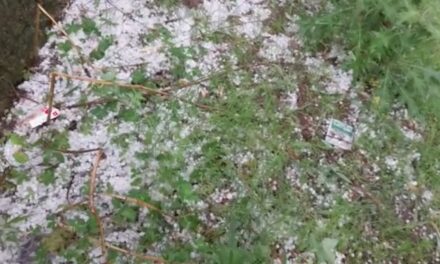![]()
KNZ NEWS DESK
The principal said colleges should “not be established close to army camps or police stations” in the first place.
Interference of local police in student protests results in law and order situation in and outside campuses, principals of various institutions told education minister AltafBukhari on Thursday.
Bukhari met the principals at a meeting held to work out ways to ensure normal functioning of schools and colleges whose students have been protesting for the past two weeks against the brutal rape and murder of an eight-year-old child in Kathua.
The principal of a college in southern Kashmir told the meeting that whenever students of his college start protesting peacefully, they are stopped by the policemen from the police station adjacent to the campus, which leads to clashes.
The principal said colleges should “not be established close to army camps or police stations” in the first place.
Another principal said students do not always protest during college hours but when they leave for homes. He said colleges located along busy roads have been relatively more volatile than those in the interiors.
Principals representing a few colleges in northern areas complained police were using indiscriminate force on peaceful student protests.
“I have had the worst experience last year when policemen crashed into the campus. They tried to fire teargas canisters into protesting students inside the campus and also heckled me when I tried to stop them from entering the campus,” the principal said.
Another principal said police interference in peaceful student protests leads to clashes.
“The police also demand footage of protests to identify protesting students,” he said.
The principals also said that some colleges don’t have proper fencing, which makes it easy for outsiders to enter campuses to join student protests.
“But in some cases police fires teargas shells into even peaceful protesters which aggravates the situation,” he said.
The principal of a Srinagar college said students are ‘provoked’ by protesting students from other institutions.
A few vice-chancellors of universities suggested the principals to focus on building good teacher-student relations.
In his speech, Bukhari told principals to treat students as their own children, not share video footage of protests with police and accompany students who are called to police stations.
“It is unfortunate that education has become the biggest casualty of the prevailing situation in Kashmir and it is our collective responsibility to think over the terrible consequences of the loss of education of our children,” he said.
He asked teachers to work overtime to make up for the time lost to protests.















